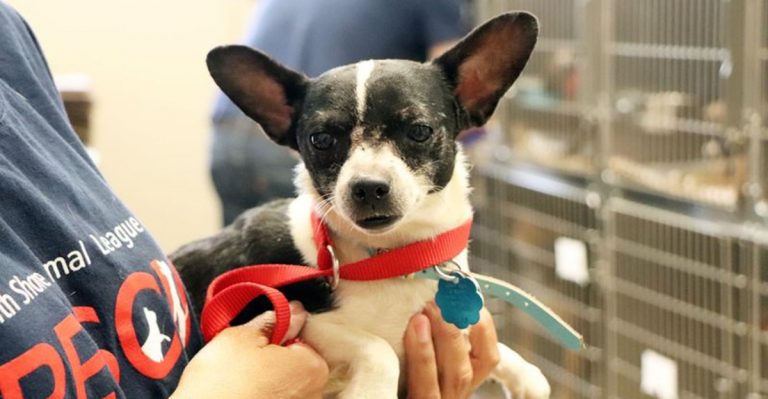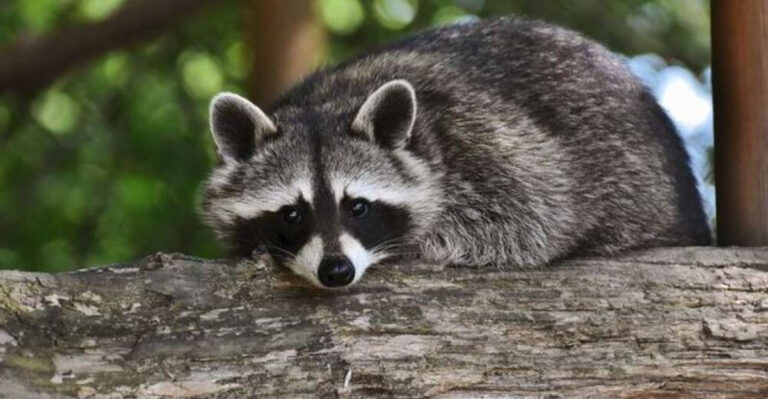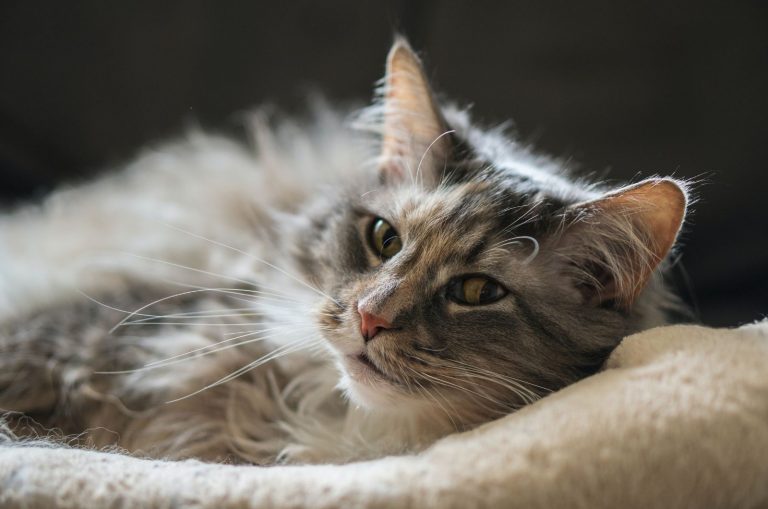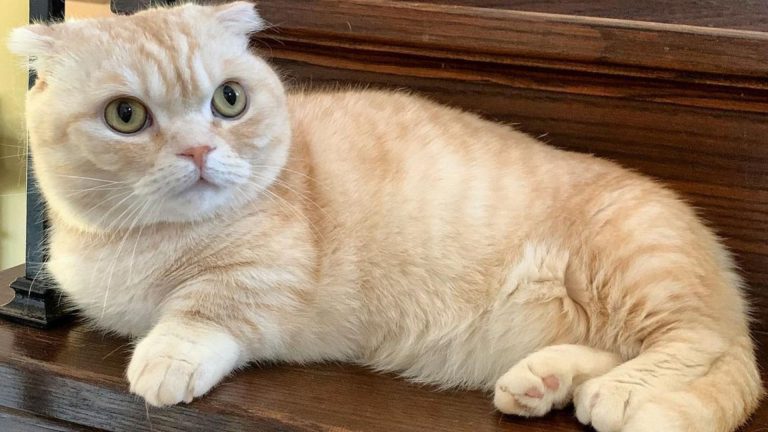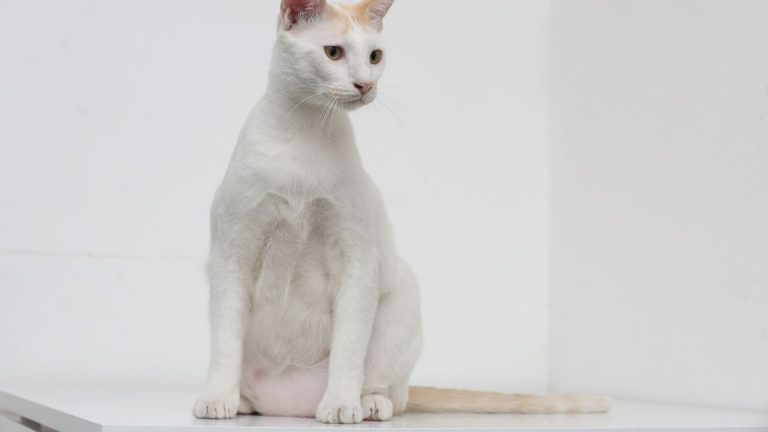Do Cats Cry And When? What It Means When Your Cat Cries
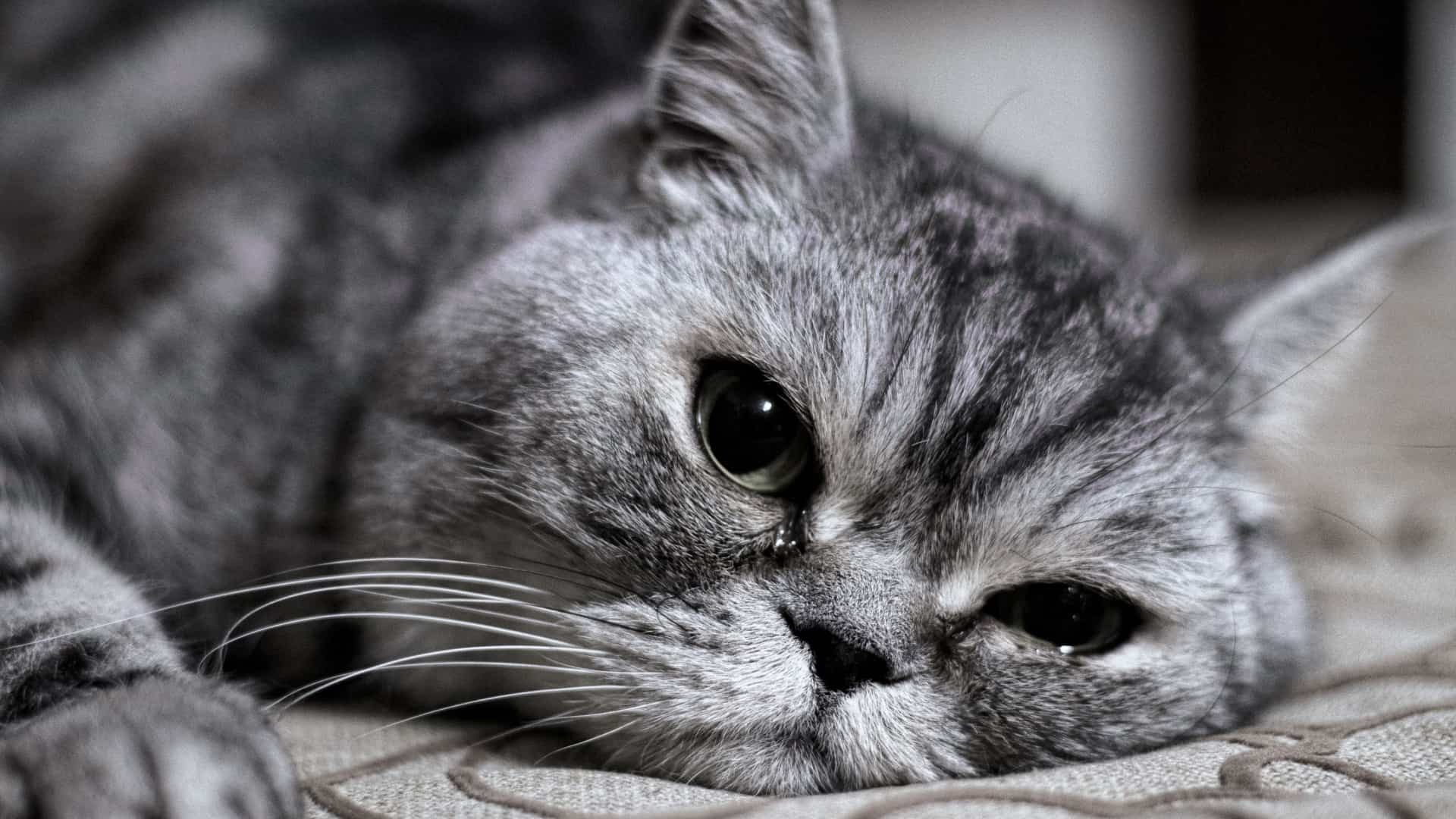
If you’re wondering whether cats can cry, the simple answer is yes. Cats cry, but it happens because of very different reasons than when people cry. People shed tears, due to sadness or sometimes extreme pain.
As a long-time cat owner, I’ve had quite a lot of experience with teary eyes and excessive meowing. You know your cat’s purrs and meows, but do you know what your cat’s meows accompanied by cries and tears mean?
Your cat probably isn’t crying tears because you were at work all day, but it can be that your cat felt anxious enough to shed a tear. Read on to see all the possible reasons cats cry.
Do Cats Cry Tears?
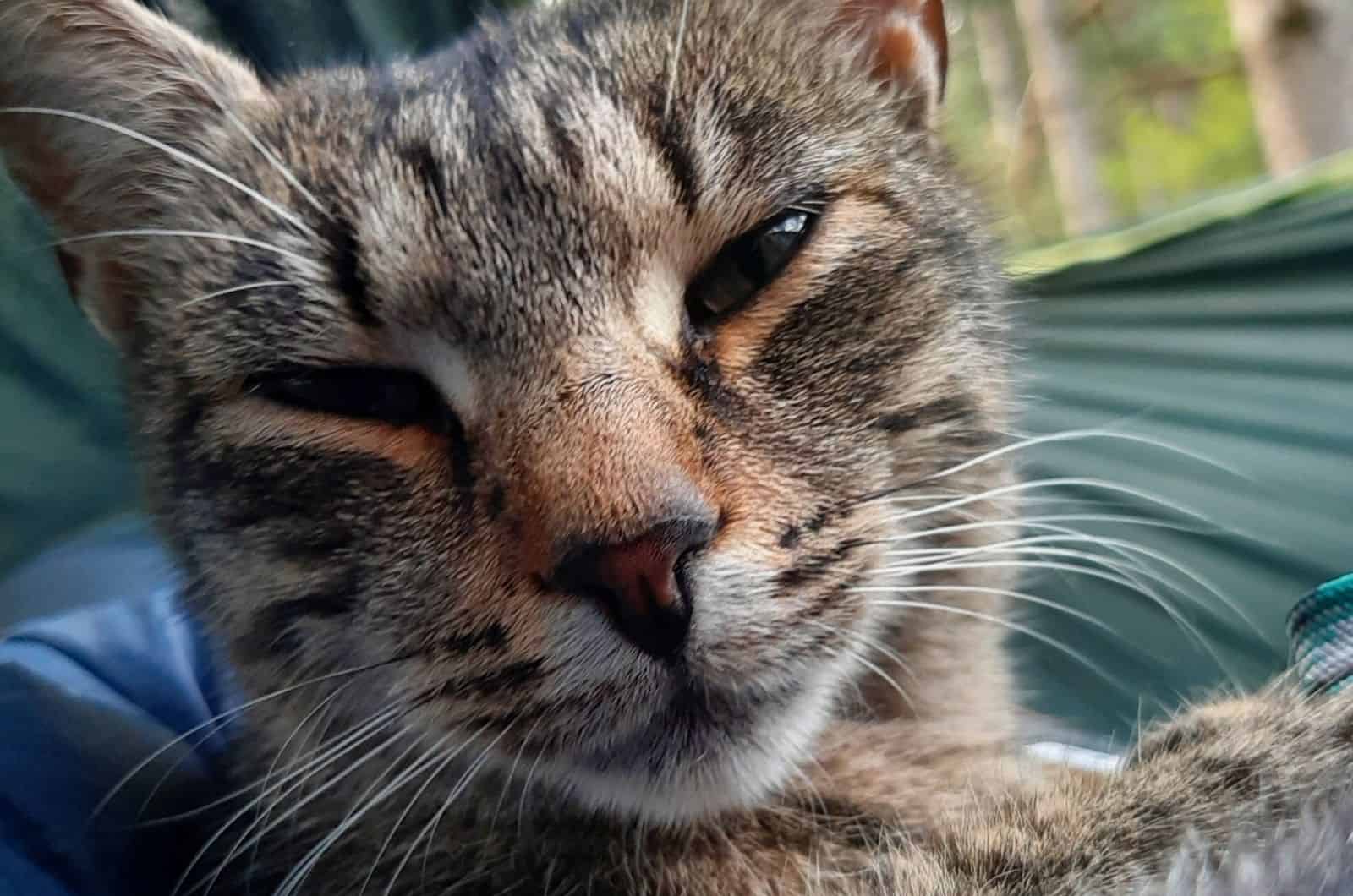
Yes, as I’ve already said, cats can and do cry. Cats’ eyes, i.e. tear ducts, have the same function as human tear ducts. However, the huge difference is that cats’ tears are not emotional like ours. Cats cry by vocalizing.
My colleague Iram Sharma DVM, agrees with what most experts say; cat’s meow or yowl in an attempt to express something. She goes on to say that “cats don’t cry due to sadness or pain, but they will express some signs if they are in pain.”
Their vocalization and behavior changes, their cries will be longer than usual, and you may also be able to see signs like:
• hiding away
• increased vocalization
• aggressive behavior
• appetite loss
• different litter box habits
• change in grooming habits
• your cat isn’t as active as normal
Cats don’t cry because they’re sad or hurting badly, but they do cry out for other reasons.
Why Do Cats Cry – 10 Reasons
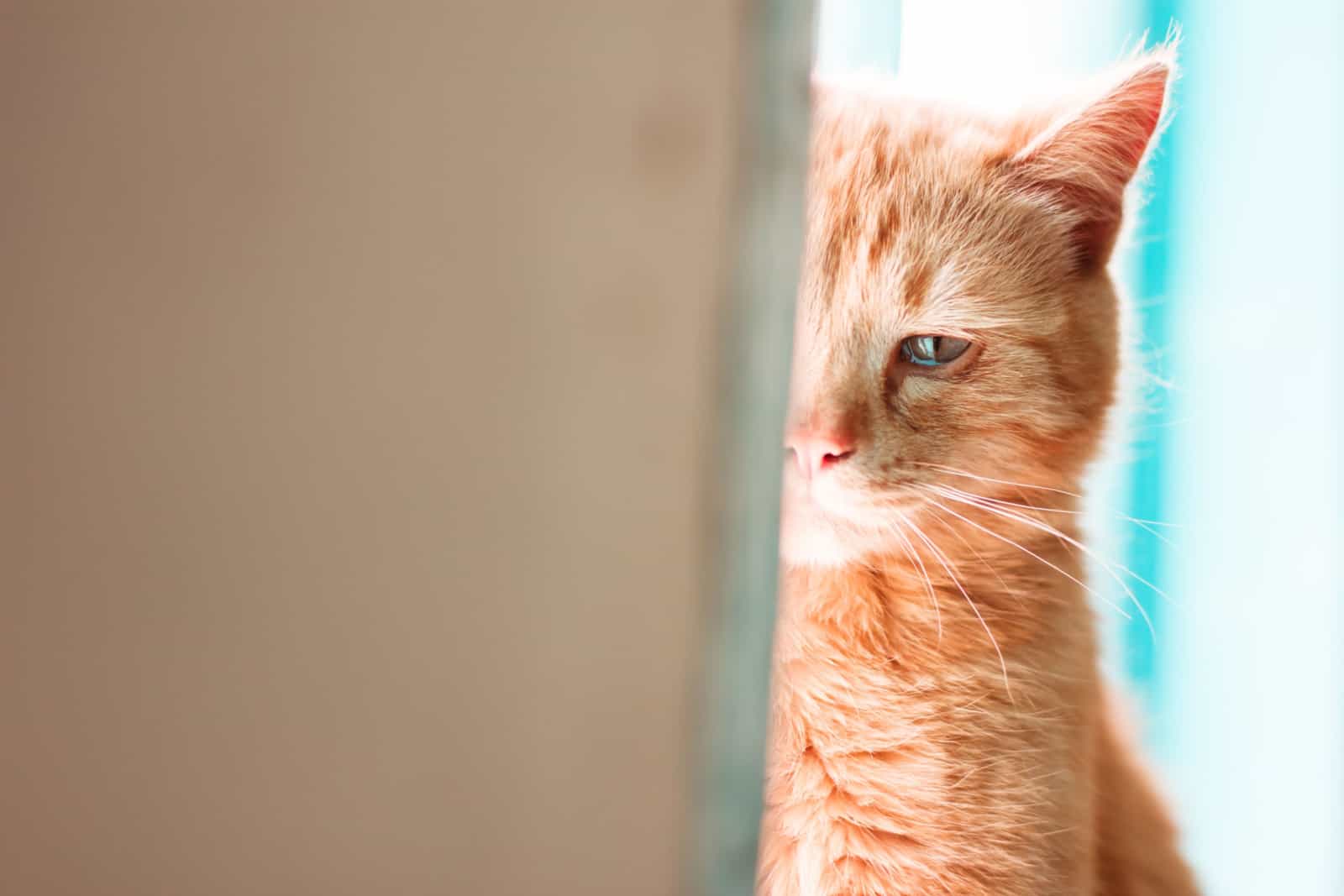
Almost every cat parent wonders whether cats can cry, when, and why they do it.
If you’ve noticed your cat has watery eyes, it is normal for you to want to know why that is. The following are the most common reasons your cat cries or has discharge coming from its eyes.
1. Anxiety
Most commonly, cat owners report that they’ve noticed their cat crying when left alone. This is most often an indication of separation anxiety.
Other things can also make your cat anxious, like changes in the cat’s environment, changes in cat food, and overall changes in your cat’s everyday routine.
2. Glaucoma
Glaucoma is an eye disease that is caused by your cat’s aqueous liquid (the liquid between the cornea and lens of the eye) insufficiently draining. This results in an injury to your cat’s eyes or an anatomical abnormality.
In the case of glaucoma in cats, you’ll notice squinting, pawing at the eye, swelling, your cat keeping its eyes partially closed for long periods, and watery discharge from the cat’s eyes.
3. Allergies
Cats can be allergic to many different things. This includes pollen, mold, dust, and other environmental factors. Cats can also be allergic to some foods, perfumes, and various chemicals found in cleaning products.
Symptoms most usually include irritation, sneezing, and teary eyes. You can help minimize allergy symptoms by using dust-free litter, bathing and grooming your cat to relieve irritation, and keeping your home clean of dust and dirt.
Also, keep your cat’s napping spots clean and maintain a healthy diet.
4. Cat Flu
Cats can also have teary eyes in case of an upper respiratory infection, i.e. the cat flu. Cat flu is most usually caused by feline herpesvirus or calicivirus, in which case you’ll notice your cat is lethargic or it lost its appetite.
Your cat can also sneeze, and there will be discharge from its nose. There is no exact cure for these viruses, but your vet can help. Your vet will probably prescribe some eye drops, antiviral meds, antibiotics, or pain relievers.
5. Feline Cognitive Dysfunction
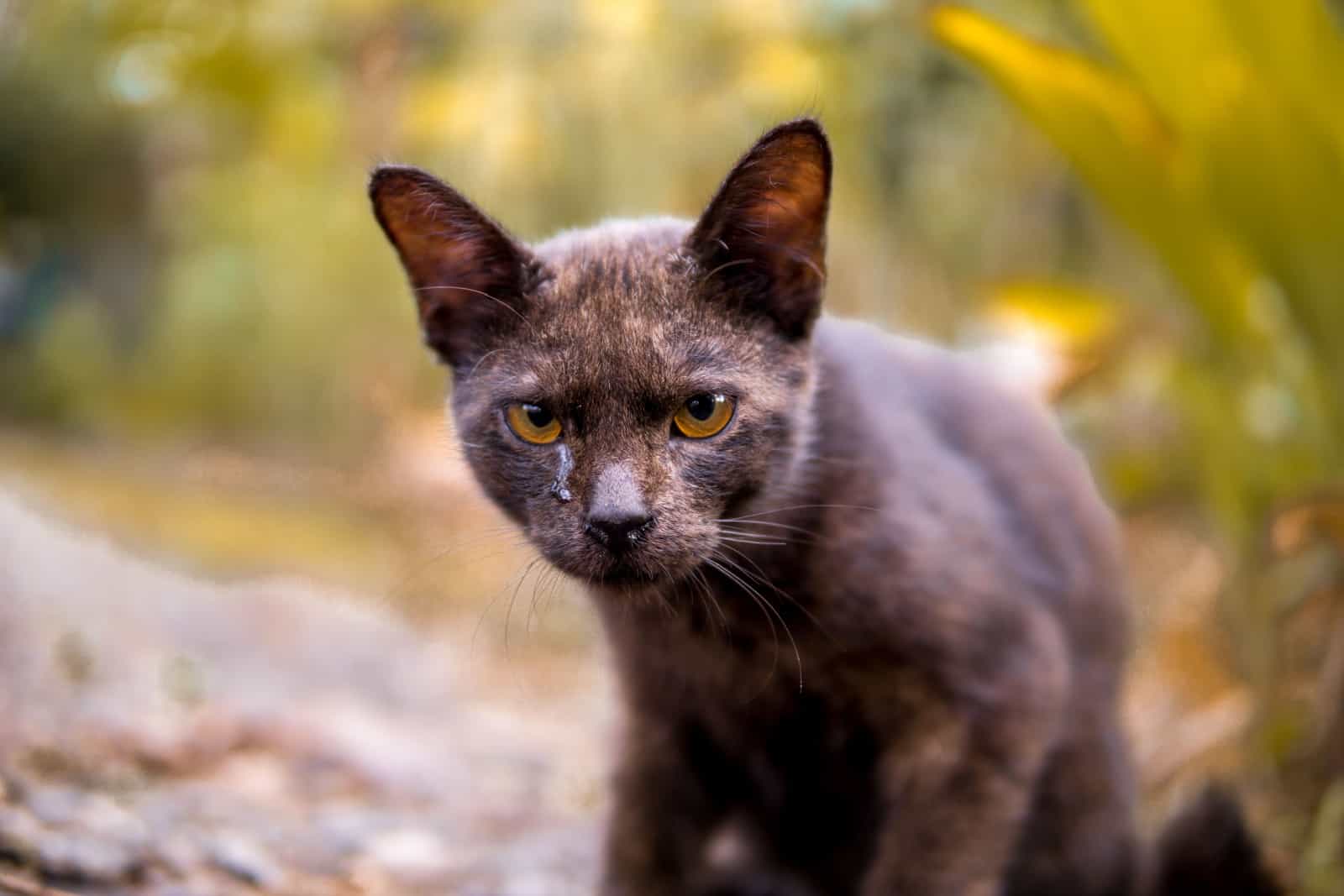
Feline cognitive dysfunction is compared to and considered equivalent to dementia in humans. However, FCD usually affects senior cats older than 10.
Cats that suffer from this condition often get confused and cry out for help. They cry to their owners so they can help them.
6. Eye Infections
Cats, especially kittens whose immune systems are still not strong enough, can catch infections, either bacterial or viral, when they come into contact with other infected cats.
Eye infections in cats can also occur if they suffer trauma to the eye from a fight or any sharp object that wounds them. In case of eye infections, you will notice greenish or yellowish, sometimes even clean, discharge from your cat’s eyes.
Your cat could also have red eyes or inflamed eyelids. If you notice anything like this, schedule an appointment with your vet.
7. Arthritis
Most cats older than ten suffer from arthritis. If your cat falls into this age category, then it’s probably crying and meowing because of arthritis. You’ll also notice your cat avoiding the stairs or any activity that requires a lot of joint movement.
8. Corneal Ulcers
Ulcers usually lead to eye discharge due to the excessive production of tears. In this case, your cat will be squinting, pawing at its eyes, have red eyes, or experience cloudiness.
9. Mourning
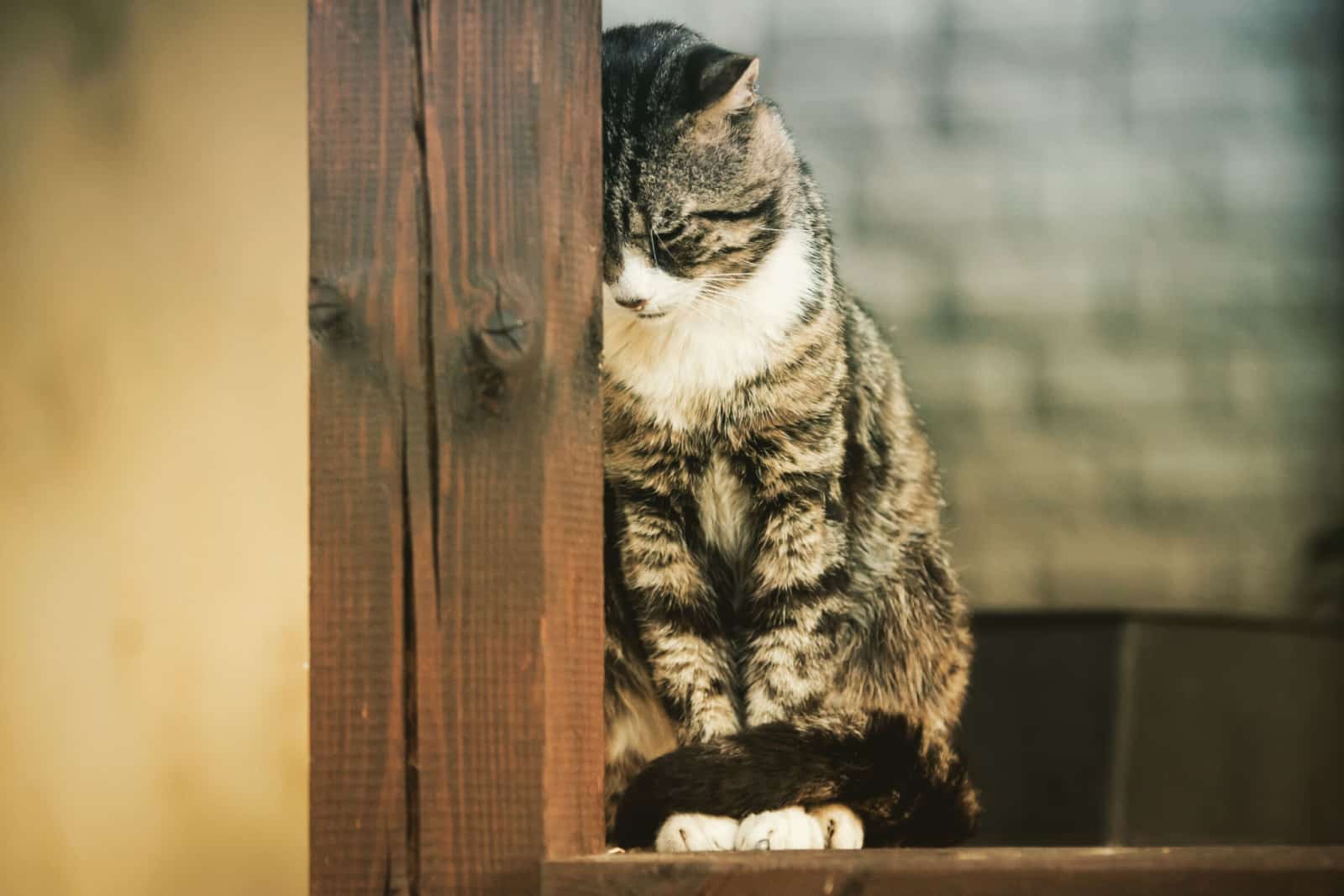
Even though your cat won’t shed emotional tears, it is possible that your cat is sad because of a loss. Many cat experts have confirmed, and all of us have experienced, or at least heard, that someone’s cat cried because of the loss of a loved one.
Cats form strong bonds with their humans, and if you lose a loved one, your cat will probably cry because it is also missing that person.
10. Conjunctivitis
Conjunctivitis is one of the most common feline eye disorders, and it can also be the cause of your cat’s teary eyes. It is an inflammation of the conjunctiva. Most cats suffer from it at least once in their life. It can occur in one or both of your cat’s eyes.
The clinical signs will be most visible in your cat’s third eyelid. You’ll also notice squinting, discharge, and excessive blinking. In this case, the eye discharge will be dark-colored and thick or watery and colorless.
Other Medical Conditions
Whenever you notice a sudden change in your cat’s behavior, you should consult your vet.
Sudden changes in behavior can include many different things, from harmless to severe medical issues. It’s a broad spectrum, so a vet’s help is needed. The same goes for crying, if you notice your cat crying all of a sudden, talk to your vet.
Older cats or any cat that has impaired hearing will probably cry more than usual, as well as cats with higher blood pressure or cats that suffer from kidney or heart issues usually vocalize more than normal.
Suggested: Why Is A Cat Crying Outside At Night And How Can I Stop It?
How To Help Your Crying Cat
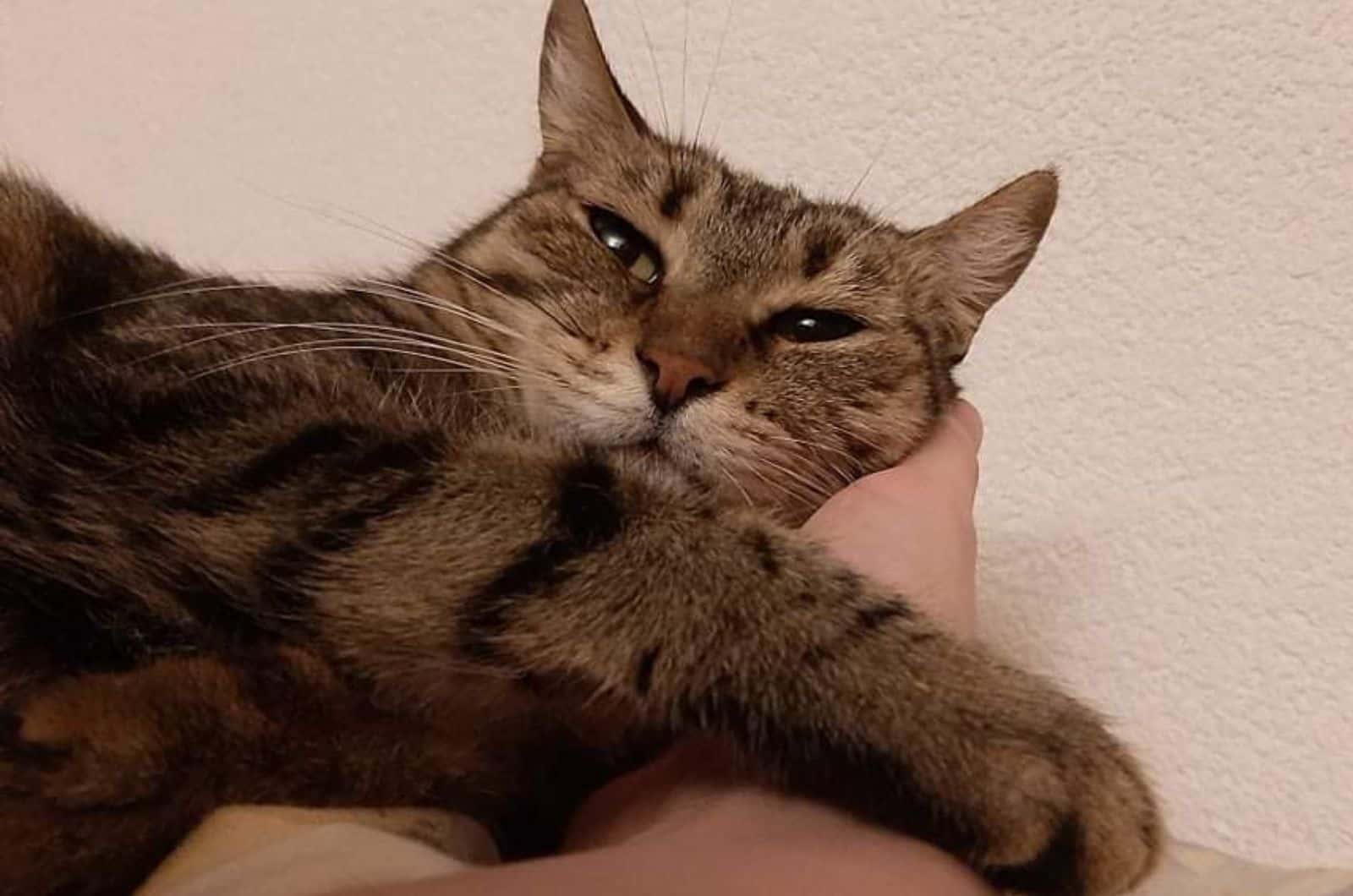
Always determine what the cause of your cat’s crying first is. Deal with any underlying issues you discover together with your veterinarian. After you’ve ruled out that there are no underlying issues, provide your cat with his or her favorite things.
Spend time with your furry friend to ensure that they’re not anxious or sad because they miss you. Provide your cat with its favorite blanket, toys, cushions, etc.
Cat scents also play an important role, so other than smelling you, your cat might benefit from things with its own scent as well. If you’ve lost a loved one or you’ve been away for a long time, play music for your cat.
Final Words
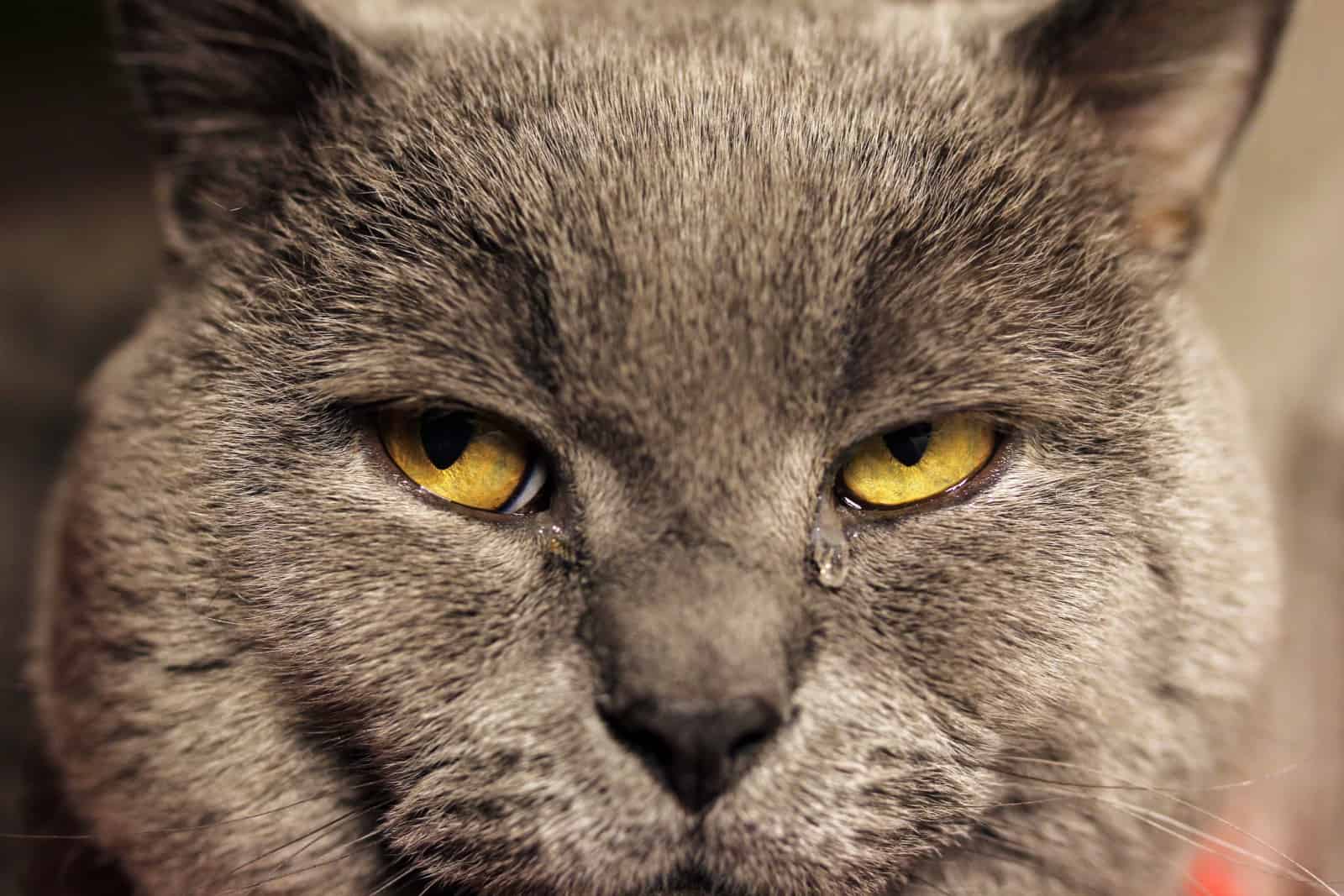
In case you notice anything unusual in your cat’s behavior, like your cat meowing and crying or tears in your cat’s eyes, consult your vet. There are different reasons that answer why do cats cry.
Your cat might be crying for different reasons and various health issues, some of which require veterinary care. At your cat’s regular vet check-up, always mention any behavioral changes that you’ve noticed.
My beloved feline friends sometimes cry (vocalize) because they want playtime or food or they simply want their daily dose of cuddles. However, it’s not that common to see cat tears in our home.
This is good since tears in cats are mostly associated with infections and other eye issues. Hopefully, I’ve answered your inquiries, and I hope it helps determine what might be the cause of your cat’s teary eyes.
Related Articles:
• Why Do Domestic Cats Growl? 8 Reasons For Cat Growling

